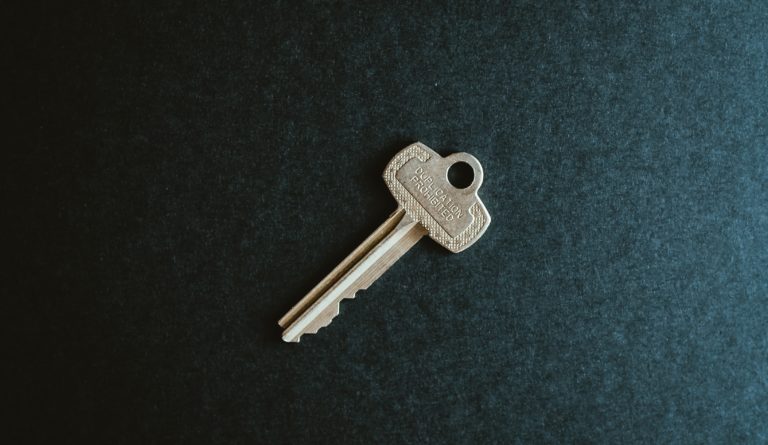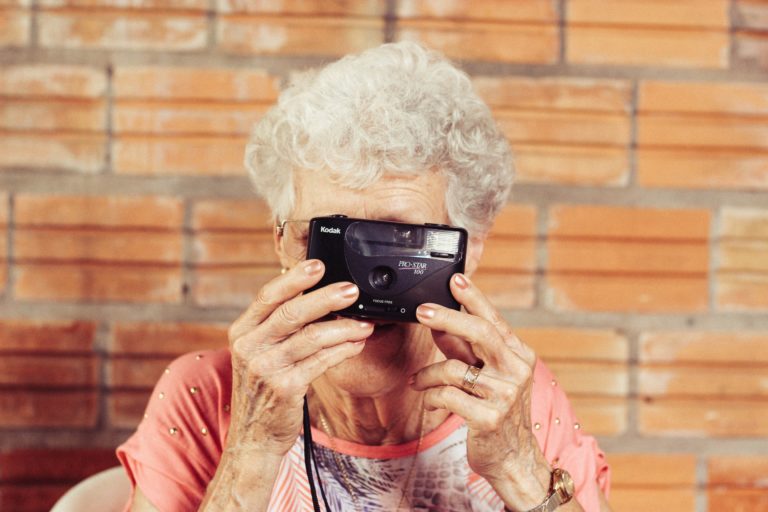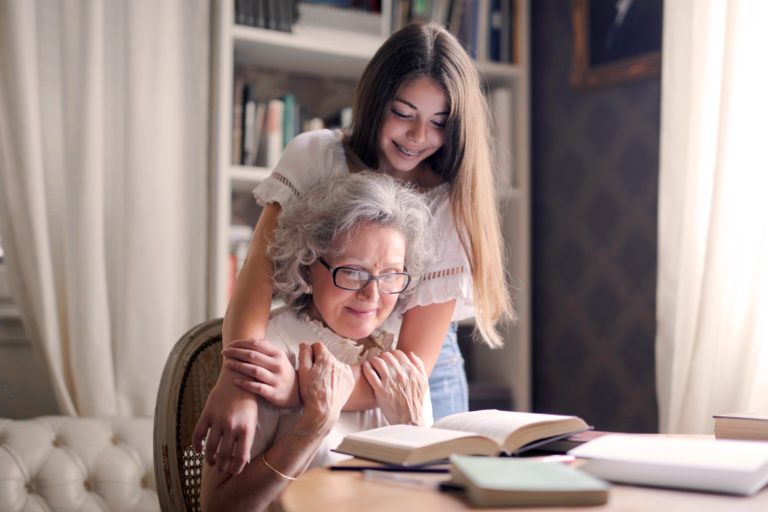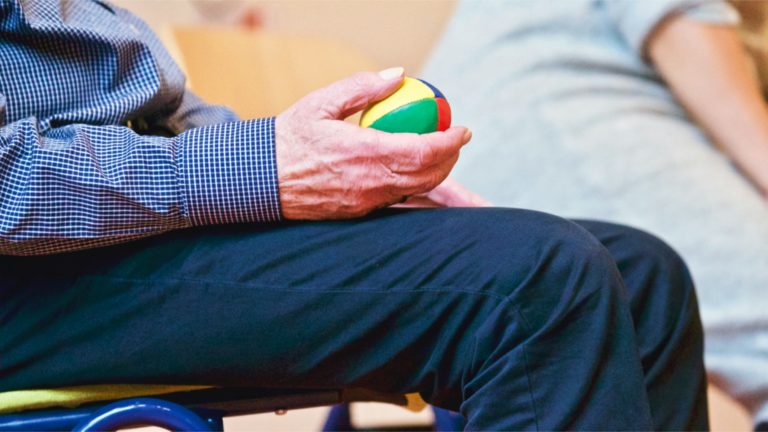
What’s the Key to Saving Money in Retirement?
Of the many expenses for retirees, healthcare can be one of the biggest. There are Medicare premiums and prescription drugs. These healthcare expenses can take up a large part of your retirement savings. Some projections say that the average 65-year-old man today will spend $189,687 on healthcare expenses in retirement, and a typical 65-year-old woman will spend $214,565. These figures don’t include long-term care, such as nursing home expenses.
Motley Fool’s recent entitled “How to Save Money on Healthcare in Retirement” explains that there are steps you can take to decrease your healthcare costs in retirement. Let’s look at a few ways to save money, when you’re limited to a fixed income.
- Use Medicare’s free preventive services. Medicare eligibility starts at age 65. Once enrolled, you have access to many no-cost benefits aimed at helping you stay healthy. However, many seniors don’t take advantage of these services and lose an opportunity to get ahead of health issues. Medicare enrollees get a free wellness visit with a doctor every year, and scheduling that could help avoid a separate bill later. Many critical health screenings are also free under Medicare, including mammograms and certain cancer screenings, diabetes testing and depression screenings. Taking advantage of these free services is a great way to keep your health in the best possible shape, which will lower your overall healthcare costs.
- Nip health issues in the bud. Small health issues can become big ones, if left unattended. An easy way to save money on healthcare in retirement, is to address medical issues before they get worse.
- Look at a Medicare Advantage Plan. One reason why healthcare is so expensive in retirement, is that many essential services aren’t covered under traditional Medicare, like dental care, vision services and hearing aids. If you opt for a Medicare Advantage plan, however, you might save money on these and other critical services. Medicare Advantage typically provides a wider range of benefits, and in some cases, you could wind up paying less for Medicare Advantage than traditional Medicare—with that improved coverage. Medicare Advantage can also save you money, by decreasing your out-of-pocket spending. Most of these plans put a cap on that figure, but traditional Medicare has no limits on your yearly costs.
- Compare the Best Prescription Drug Plan. If you take prescription drugs, you need to find a cost-effective plan. If you’re enrolled in traditional Medicare, you’ll need a separate Part D plan to cover your drug costs. However, not all plans are the same. Do some comparison shopping to see which plans offer the best deals, based on the medications you’re taking.
- Purchase Long-Term Care Insurance. At least 70% of seniors age 65 and over will require some type of long-term care in their lifetime. That’s why long-term care insurance is needed. The younger you are when you apply, the more likely you’re going to get approved and get the best rates.
Saving money on healthcare in retirement will let your nest egg last longer and buy you more freedom to enjoy your golden years. Learn about healthcare costs, so you’re ready to lower your expenses and avoid the financial stress that so many of today’s seniors face.
Reference: Motley Fool (May 19, 2020) “How to Save Money on Healthcare in Retirement”









